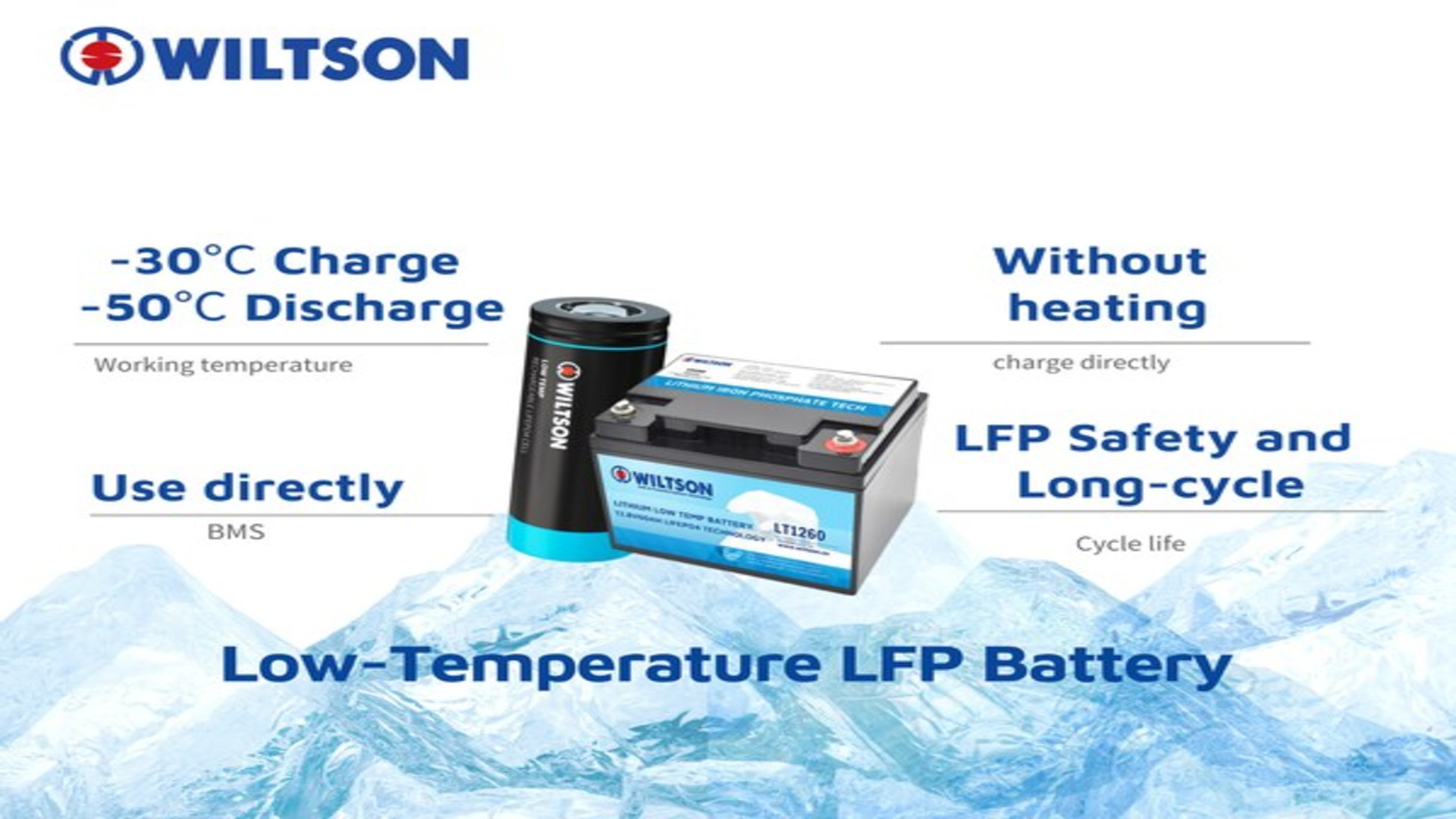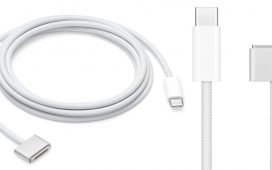A battery company in China has successfully demonstrated its advanced low-temperature lithium technology by revealing a battery that continuously powered scientific equipment through a demanding 12-day-long Mount Everest mission, without any interruptions, external heat sources, or maintenance.
Wiltson Energy, a pioneer in cold-resistant lithium battery technology, tested its latest system in the harshest environment of Mount Everest, demonstrating unmatched reliability for demanding power solutions in the US and worldwide.
The advanced battery reportedly operated at a staggering altitude of 29,032 feet (8,849 meters), where temperatures drop to -40 degrees Fahrenheit (-40 degrees Celsius) and atmospheric pressure is critically low, powering scientific equipment without failure or external support.
The company’s battery system supported two critical operations during the scientific expedition, one of which the world’s highest automatic weather station, as well as a deep ice core drilling unit.
A cold climate solution
Powering equipment in extremely cold environments typically requires additional heating elements to prevent batteries from freezing or failing. Standard lithium-ion technologies, such as ternary lithium and conventional lithium iron phosphate (LFP), often suffer significant performance drops in low temperatures, making long-term scientific operations both challenging and unreliable.
Now, in an attempt to address this long-standing problem, Wiltson’s engineering team advanced the chemistry of low-temperature lithium iron phosphate (LiFePO₄) and integrated it into a rugged, high-performance battery module.
The powerful system reportedly ensured the continuous operation of the world’s highest automatic weather station and critical ice core drilling equipment under some of the planet’s coldest conditions.

Credit: Wiltson Energy
What’s more the battery achieved three major breakthroughs during the Everest mission, the first being its ability to maintain over 80 percent discharge efficiency at -40 degrees Fahrenheit, nearly matching its performance at room temperature. This allowed essential scientific instruments to operate without power loss, even at the summit of the mountain.
According to the company, the battery was also capable of direct solar charging at temperatures as low as 0 degrees Celsius (32 degrees Fahrenheit). This, in contrast, eliminated the need for external heating systems traditionally used to raise battery temperature before charging, reducing overall system complexity and energy consumption.
Finally, the use of a durable cylindrical steel case effectively reduced the risk of pressure-related failures common at extreme altitudes and low atmospheric pressure, ensuring stable and reliable performance.
A superb achievement
“Successfully powering critical scientific equipment on Mount Everest, enduring temperatures down to -40°C and extreme low pressure for 12 days, is a monumental achievement for Wiltson Energy,” Robert Xie, Wiltson’s chairman and CTO, said in a press release.
“This mission unequivocally demonstrates the unmatched reliability and performance of our low-temperature battery technology in the world’s most demanding environments,” Xie continued.
The CTO explained that the battery’s ability to function without external heating systems simplifies energy infrastructure in extreme and remote environments, while also improving efficiency and ensuring long-term reliability for mission-critical operations.
“This technology changes what’s possible for applications from scientific research and polar expeditions to critical infrastructure and off-grid solar,” Xie concluded.
The company also sees broad potential for the battery, particularly in the United States, where harsh winters, polar research, and off-grid telecom systems require dependable, low-maintenance power. They now hope to expand the reach of its technology to global markets facing similar extreme environmental challenges.
Headquartered in Dongguan, in China’s Guangdong Province, the firm is dedicated to providing advanced, reliable lithium battery technology solutions for global operations facing extreme conditions.
The innovative solution is backed by key international safety and quality certifications, including UL, CE, CB, UN38.3, and REACH.












